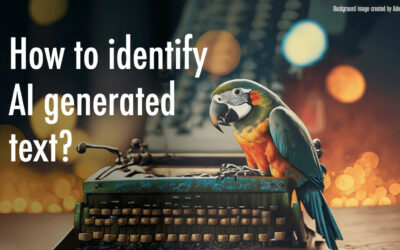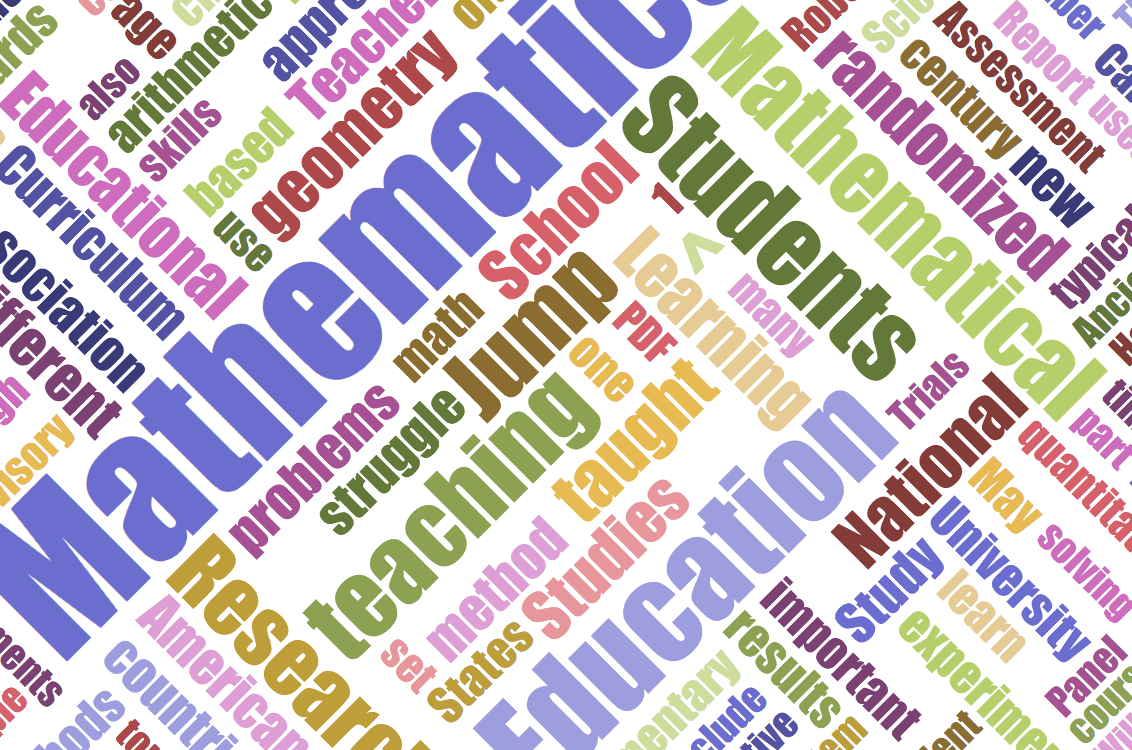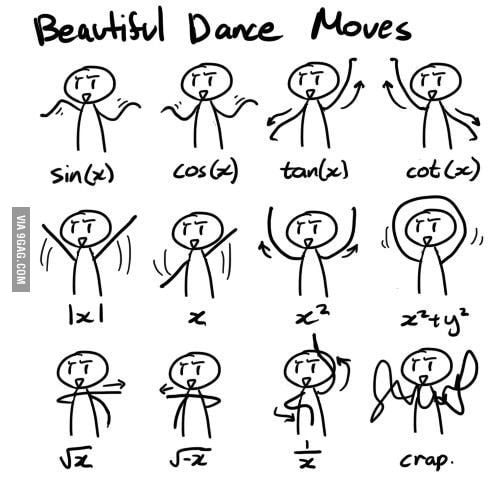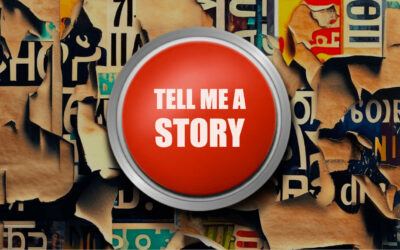
Back when I was a graduate student I got bitten by the bug of palindromic poetry – poems that read the same when read backwards. This is consistent with my love for ambigrams and other kinds of symmetrical wordplay. I had posted them on the web a while ago and there they have stayed… for years. Once in a while someone finds them and writes to me (a couple of interesting stories that emerged from this can be found here and here).
Here is one I wrote back in 2002, titled “Who wrote this poem.” It has surface similarity to Escher’s famous lithograph “Drawing Hands.” Let me know what you think…
Who wrote this poem?
Dare I ask
Meanings mutate and fragment
In the mind’s eye
Fingers caress the keyboard too
Wondering dear reader as you read, do your
Neurons fire, syncopated with mine,
As eyes scan black squiggles, meter and beat,
And we talk, one on one
mind to mind
You and me
Bowls and serifs,
Sharing nothing but wordsSilent
Are you
Thinking of me
Reading
Re –
Reading
Thinking of me
Are youSilent
Sharing nothing but words
Bowls and serifs,
You and me
mind to mind
And we talk, one on one
As eyes scan black squiggles, meter and beat,
Neurons fire, syncopated with mine,
Wondering dear reader as you read, do your
Fingers caress the keyboard too
In the mind’s eye
Meanings mutate and fragment
Dare I askWho wrote this poem?
© punya mishra, march 2002





Love it.